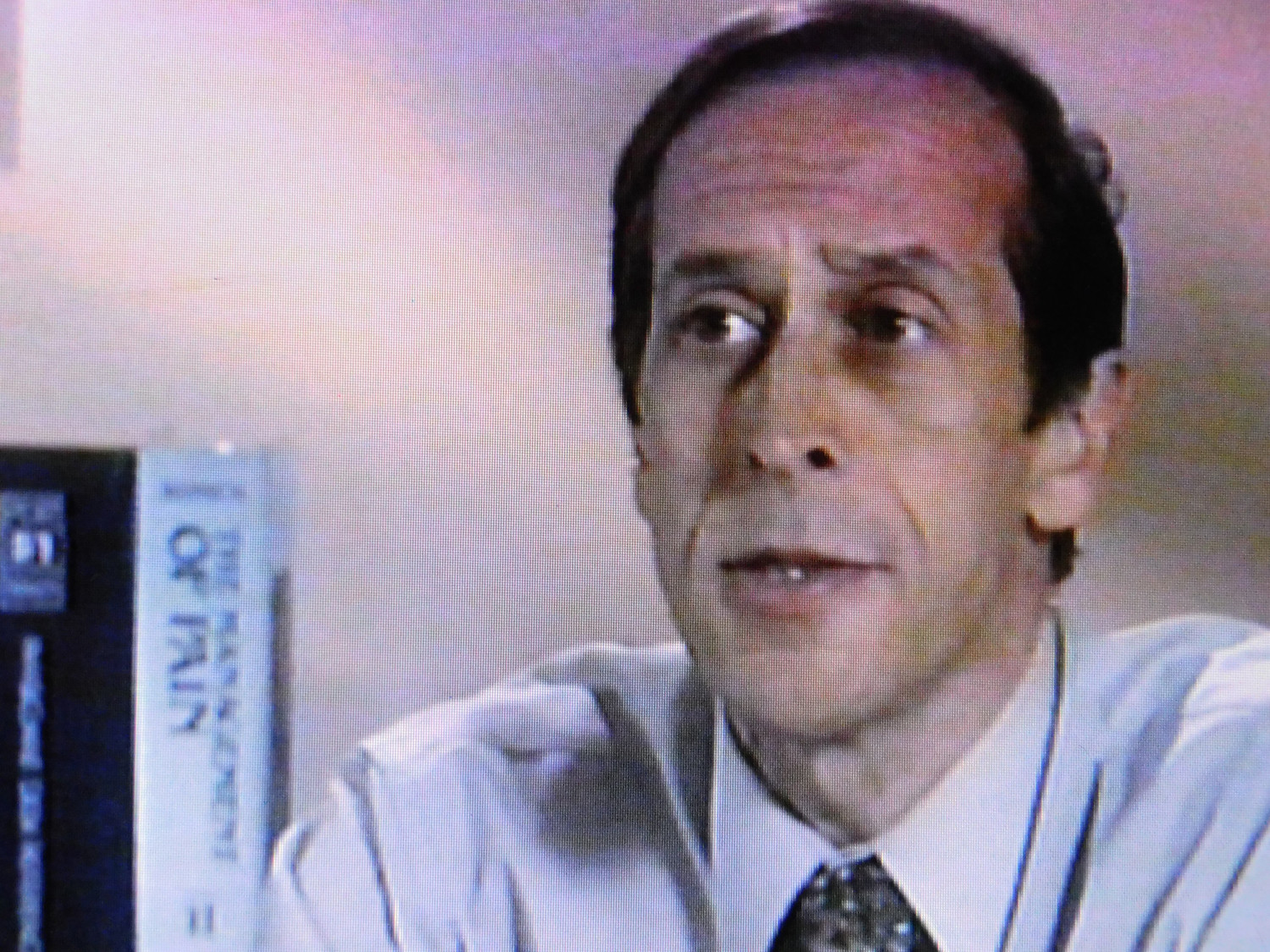Suing an opioid maker
State, county take on Purdue Pharma
New York state Attorney General Barbara Underwood last week joined dozens of states and New York counties in suing OxyContin manufacturer Purdue Pharma for its alleged role in causing the opioid crisis.
“Our investigation found a pattern of deception and reckless disregard for New Yorkers’ health and well-being as Purdue lined its own pockets by deliberately exploiting our communities and fueling an opioid epidemic that’s destroyed families across the state,” Underwood said. “We’re now holding Purdue to account for this reprehensible and illegal conduct.”
The state lawsuit alleges that Purdue marketed its opioids fraudulently to doctors and patients for years, and concealed or downplayed the risk of addiction as part of a “concerted effort to increase sales of its opioid products.”
From 2012 to 2015, 671 Nassau residents died of heroin or prescription opioid overdoses, according to county police. Oxycodone, the drug contained in OxyContin, accounted for 174 — or nearly 30 percent — of those deaths, according to the Nassau County medical examiner.
At least 18 residents from Wantagh and Seaford died of heroin or other opioids during that same period, and 11 more from the area died of opioid overdoses in 2016 and 2017.
Deceptive marketing?
Dr. Michael Belfiore, who practiced in Merrick, was convicted in May after a five-week federal trial of overprescribing opioids and causing the overdose deaths of two patients. His initial defense closely mirrored the state’s claims against Purdue.
In pre-trial motions, Belfiore’s attorney, Tom Liotti, argued extensively in court papers and interviews with the Herald that Belfiore was “wrongfully prosecuted because he relied upon false and misleading marketing and advertising campaigns” by Purdue.
Belfiore faces 20 years in prison when he is sentenced in October.
Underwood’s announcement came just months after a State Supreme Court judge refused to dismiss a multi-county suit against Purdue and other manufacturers.
Nassau joined Suffolk County last year in a suit alleging a case of “corporate greed” and deceptive marketing that led to a drug epidemic that the counties have each spent millions of dollars to fight.
“The manufacturers of these opioids pretty much did a sophisticated, highly deceptive and unfair marketing campaign that continues today,” said Salvatore Badala, of Napoli Shkolnik, the co-lead counsel for the counties, in May. “They made people believe that you can take opioids pretty much for any kind of pain, and they should not have been marketed that way. That’s what led to this addiction problem.”
Purdue asked Judge Jerry Gargiulo in November 2017 to throw out the counties’ suit. Purdue’s attorneys, in court papers, insisted that the counties’ claims were pre-empted by federal law because the company’s opioids were regulated and approved by the Food and Drug Administration. Also, Purdue argued that many of the allegations fell outside the statute of limitations, and that the company could not be held liable for statements about opioids made by “non-branded” medical experts and trade publications.
Gargiulo denied each element of Purdue’s motion to dismiss in a June 18 order, ruling that the case could continue.
“The manufacturer defendants’ arguments are insufficient to warrant dismissal,” Gargiulo wrote. “It is at least arguable that the manufacturer defendants were in a position to anticipate or prevent the claimed injuries; it does not seem unfair, therefore, to hold them potentially accountable.”
According to Underwood, in 2016, 3,086 New Yorkers died of opioid overdoses — and 2,399 of those were due to painkillers, including Purdue’s.
Underwood’s complaint also accuses Purdue of continuing to engage in deceptive marketing, even after it had reached an agreement with the state in 2015 to cease the practices.
Underwood wants Purdue to pay civil penalties, be enjoined from continuing its allegedly fraudulent marketing and reimburse the state for the cost of fighting the drug crisis.
Purdue reacts
In a published statement earlier this month, Purdue officials said that they shared Underwood’s concern about the opioid crisis, and that the company’s opioids account for less than 2 percent of total prescriptions.
Purdue’s attorneys, however, pushed back against the state’s claims, echoing arguments made in their motion to dismiss the counties’ lawsuit.
“We vigorously deny the state’s allegations,” they wrote. “The state claims Purdue acted improperly by communicating with prescribers about scientific and medical information that FDA has expressly considered, and continues to approve. We believe it is inappropriate for the state to substitute its judgment for the judgment of the regulatory, scientific and medical experts at FDA.”
Gov. Andrew Cuomo, on Aug. 14, said that the opioid crisis was manufactured by “unscrupulous distributors” in a $400 billion industry.
“I pledged that we will hold these companies responsible for their reprehensible actions,” Cuomo said. “This lawsuit sends a clear message to all those who mislead the public to increase their profit margins that we will hold you accountable for your actions.”
Eden Laikin contributed to this story.







